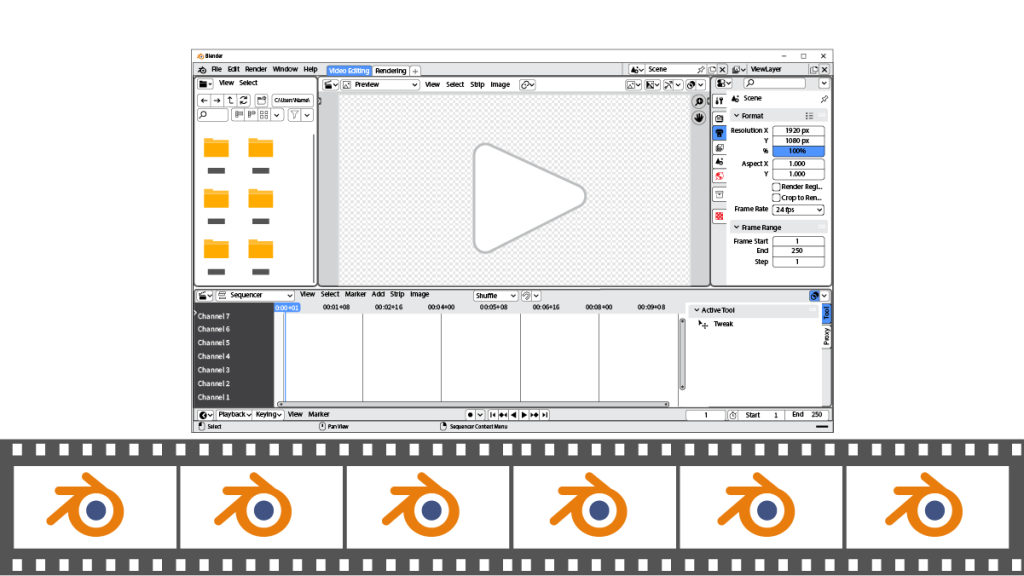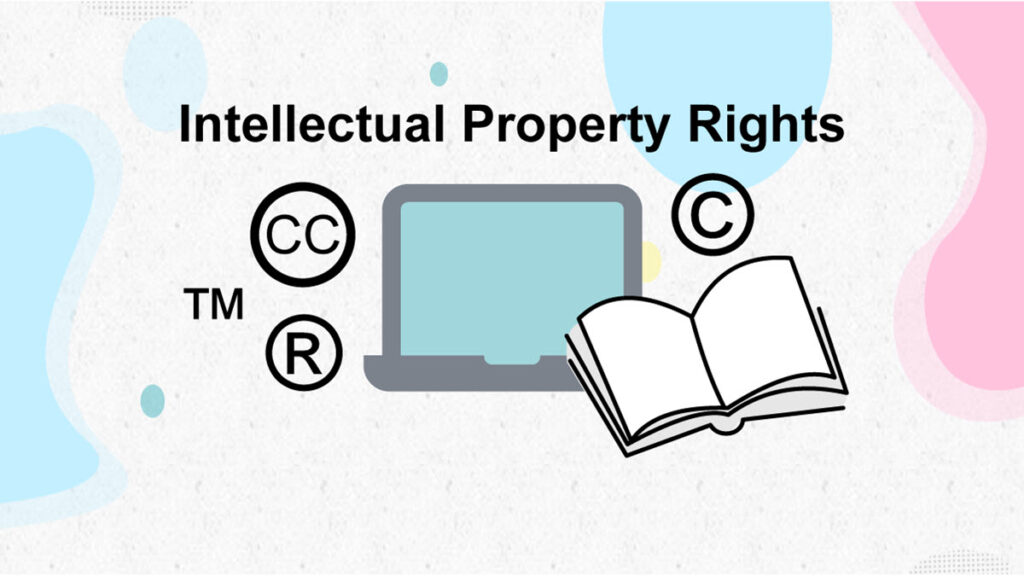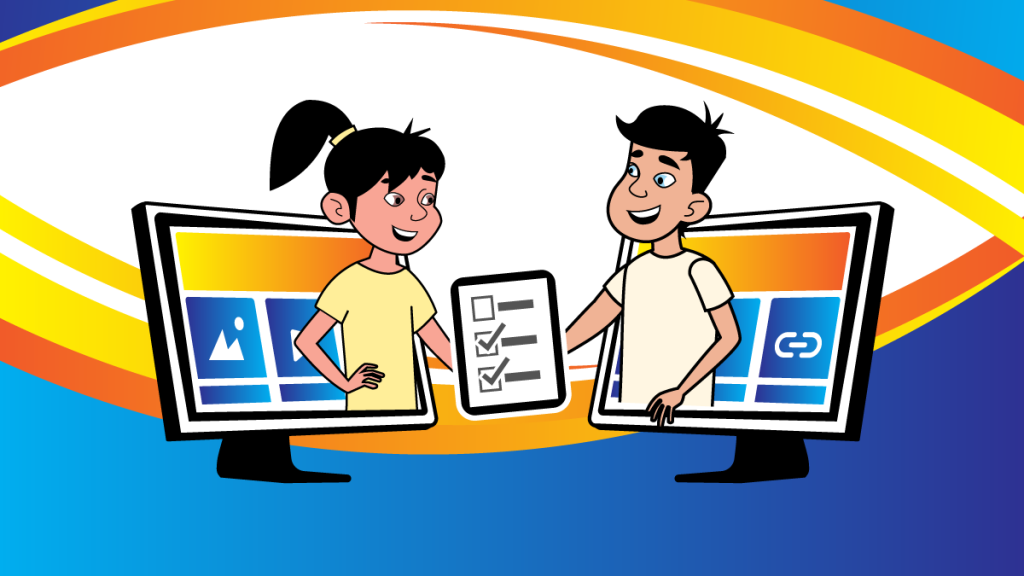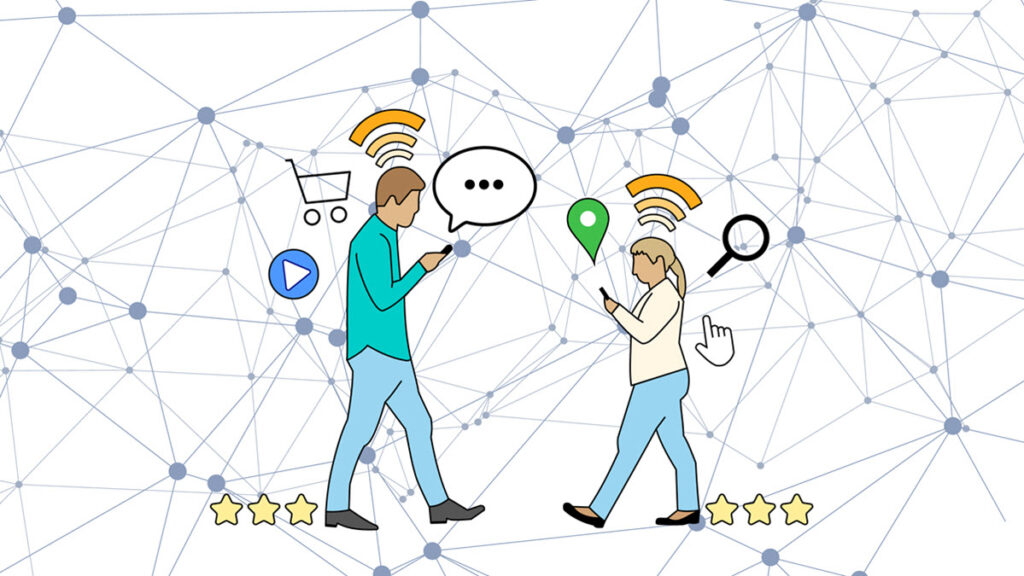How to Create a Bot Libre Workspace to Manage Students
A Bot Libre workspace is an area for creating and viewing bots. Bot Libre is a free bot-builder for chatbots. TechnoKids uses Bot Libre in TechnoChatbot AI, to have high school students create their own virtual agent for a school or community organization. The chatbot answers members’ questions. Teachers using Bot Libre can manage classes […]
How to Create a Bot Libre Workspace to Manage Students Read More »









